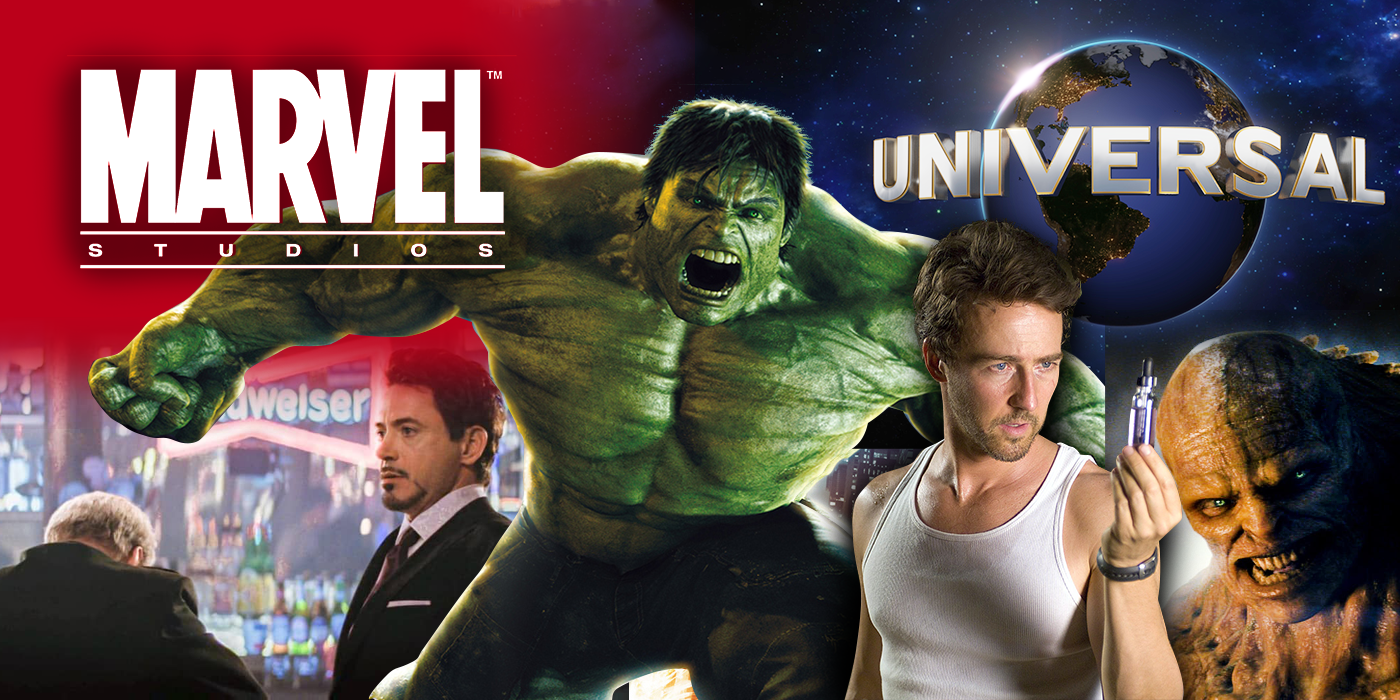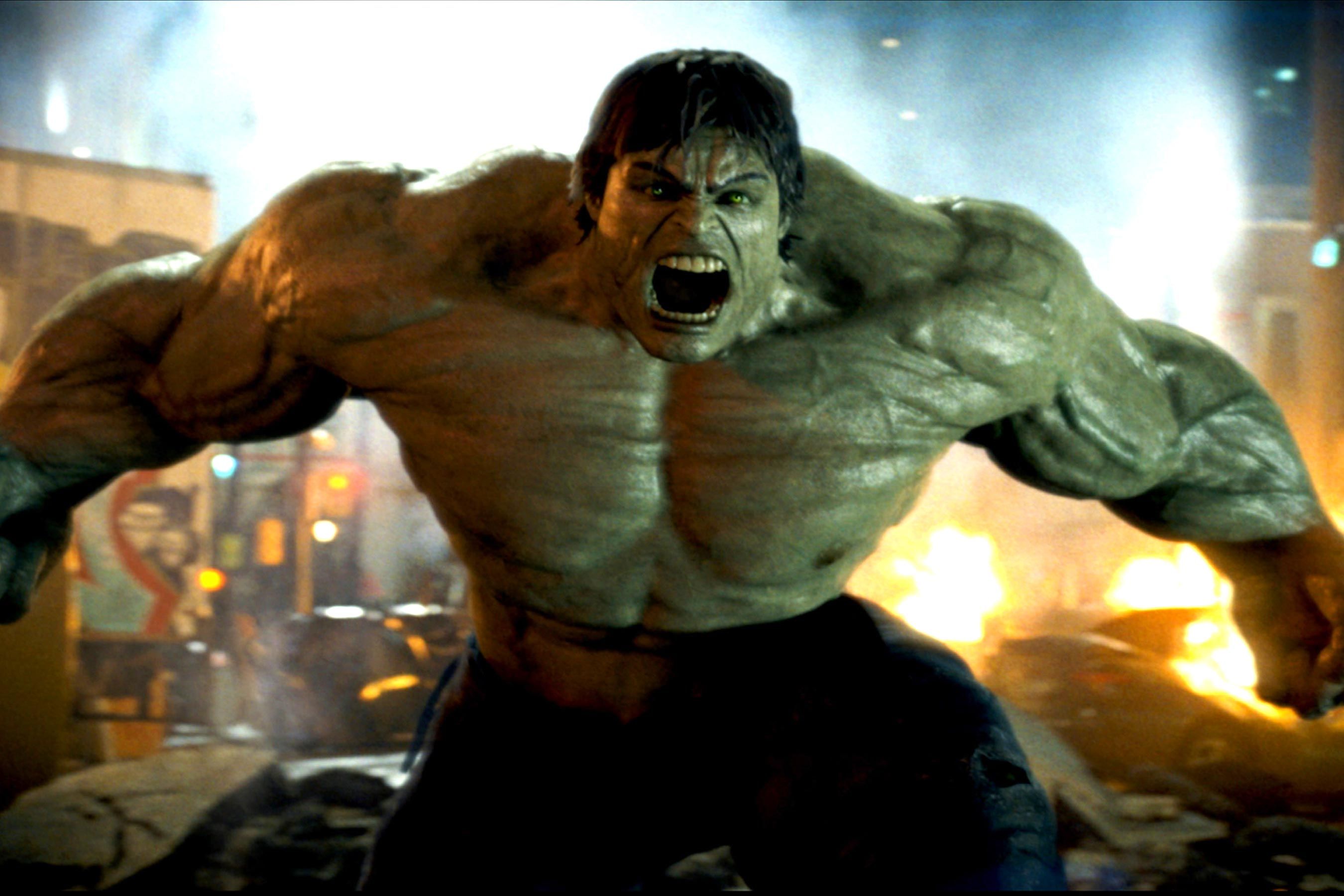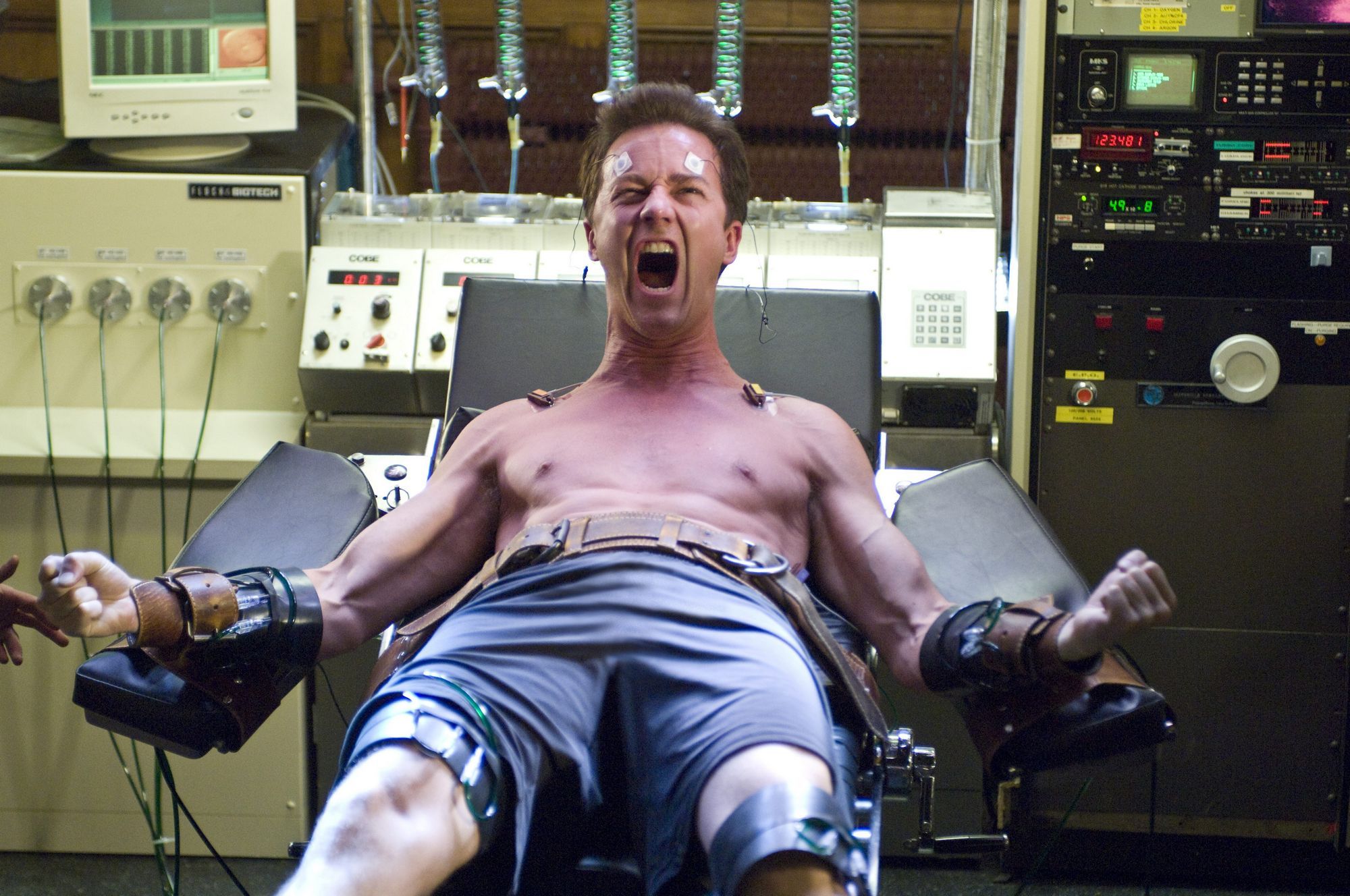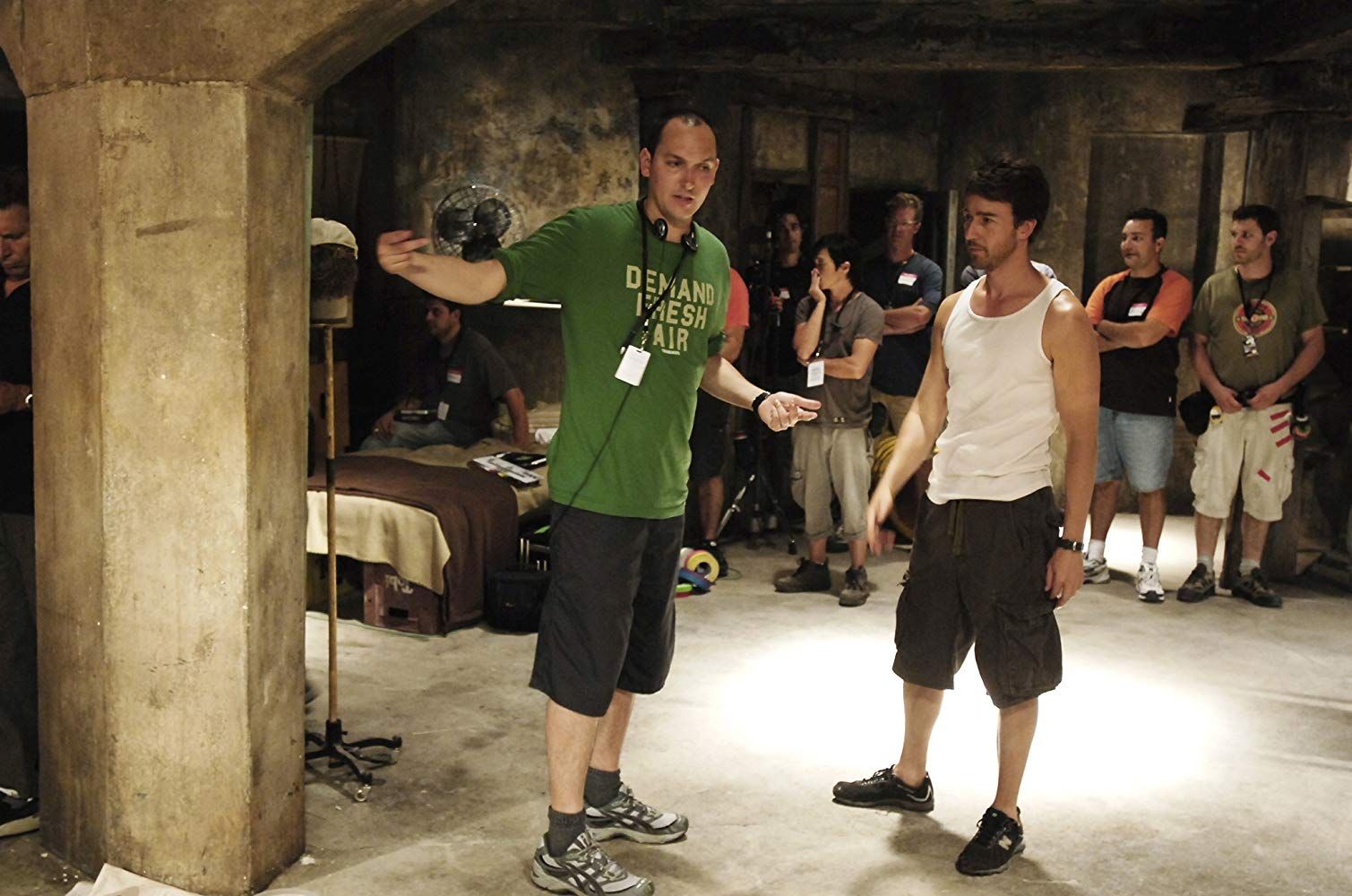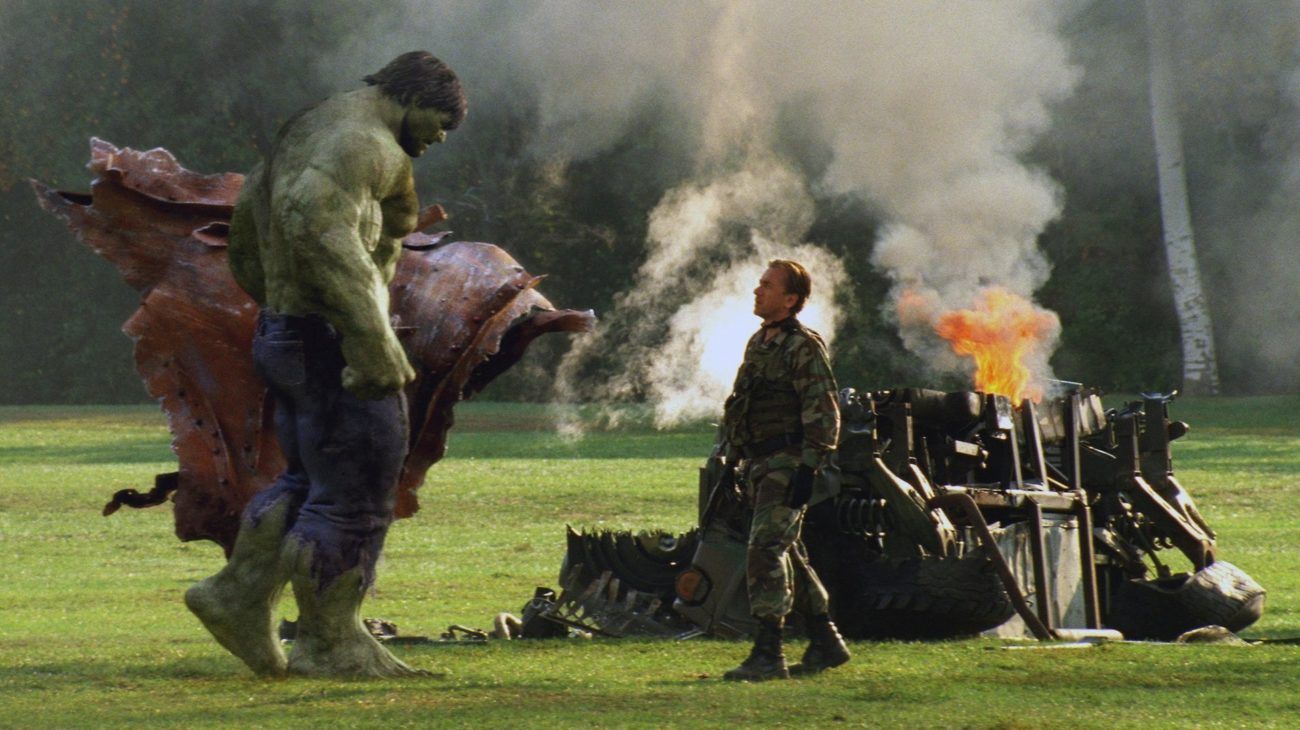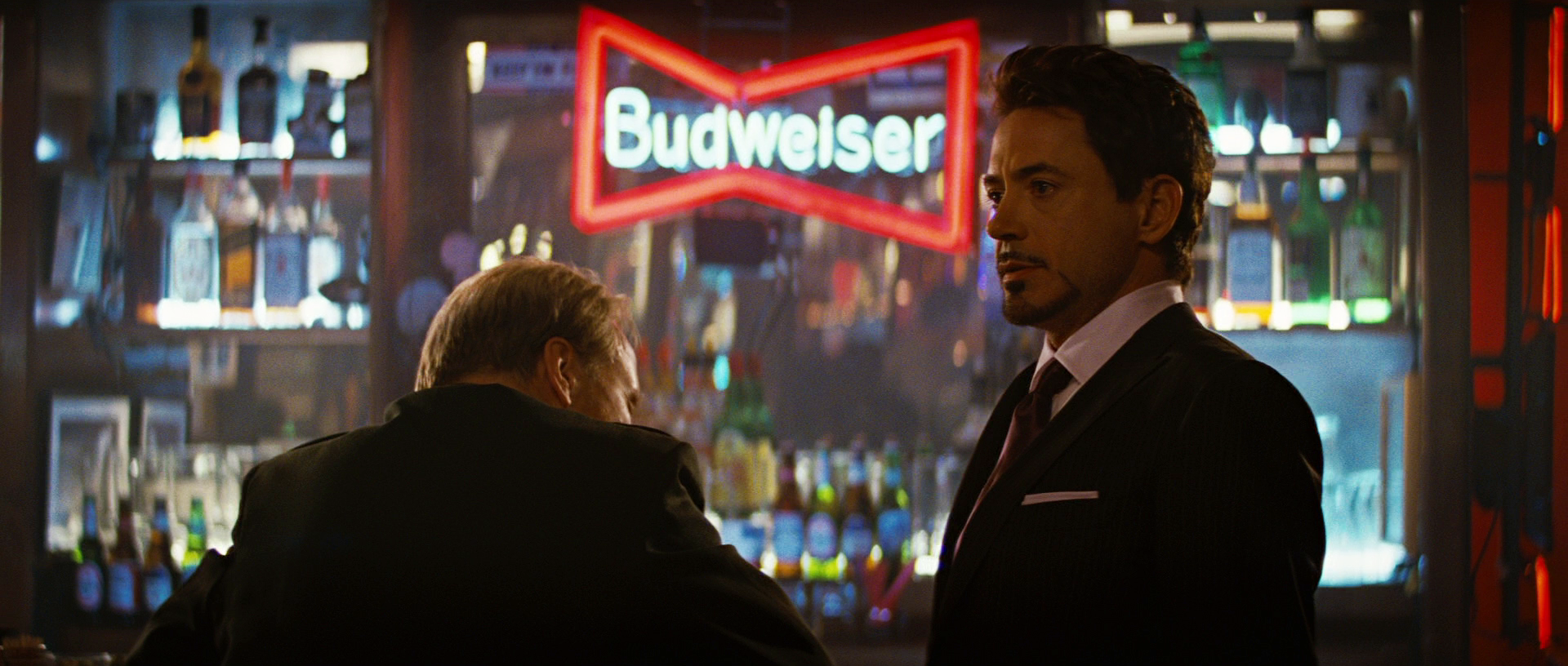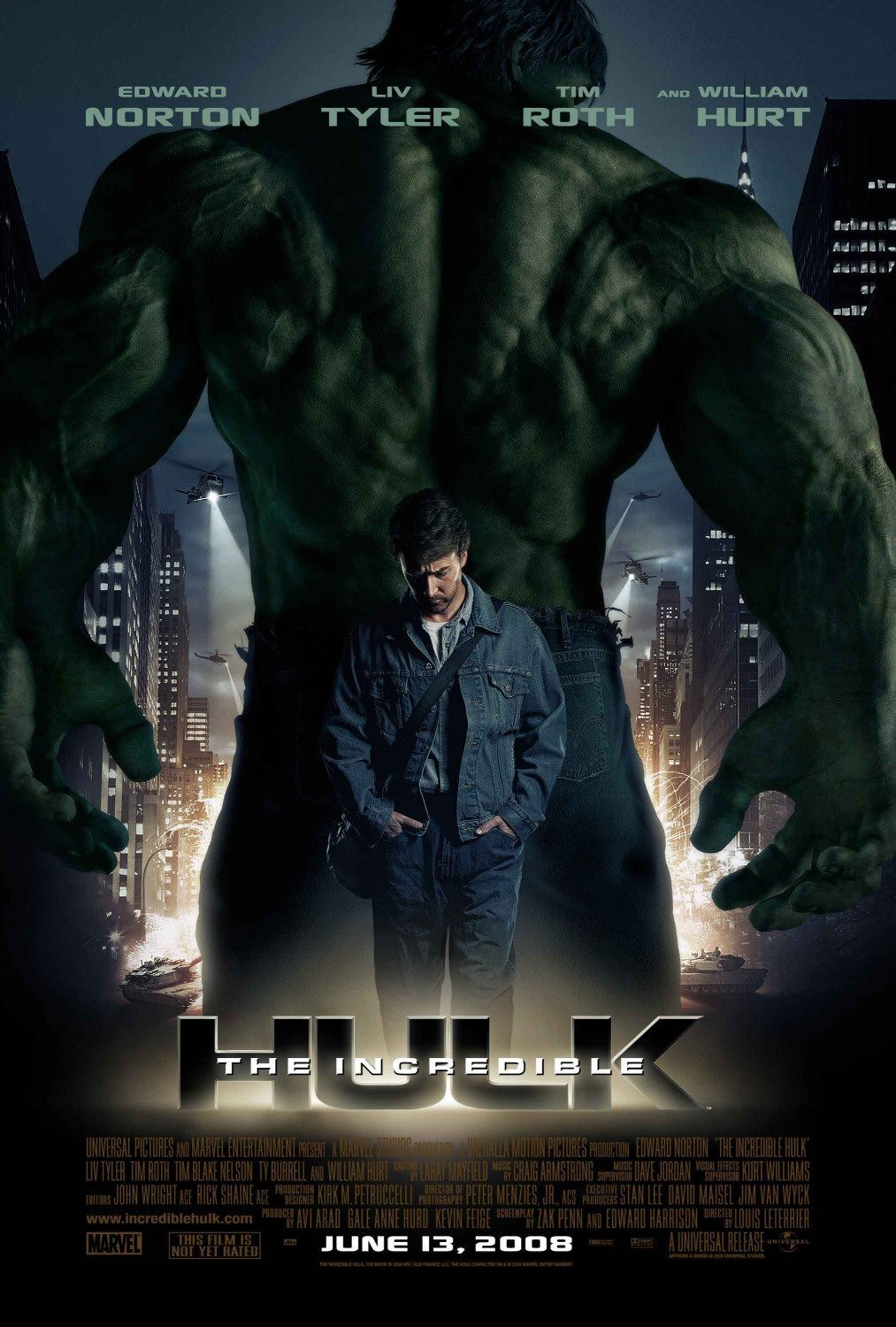“How the MCU Was Made” is a series of deep-dive articles that will delve into the ins and outs of the development history, production, and release of all the Marvel Studios movies.
While Iron Man is widely known as the film that started the Marvel Cinematic Universe, the MCU nearly could have derailed the same year with Marvel Studios’ second film: The Incredible Hulk. Of the two, The Incredible Hulk was seen as the more commercially viable, and the film with the safest potential. But while Iron Man’s production was characterized by an independent, improv-heavy spirit that bled onto the screen, The Incredible Hulk’s production was fraught with infighting and creative disagreements that continued all the way through post-production.
When Marvel Studios set out to make its own films independently, they decided to start fresh with Iron Man and then hedge their bets with The Incredible Hulk, which was initially developed as a sequel to Ang Lee’s 2003 film Hulk. That movie was met with a muted response from both critics and audiences, and indeed Universal Pictures dragged its feet in producing a sequel, which led to the rights for Hulk reverting back to Marvel Studios—hence why this was one of Marvel’s first independently produced films.
But before we get too in the weeds, a note on the complexity of the Hulk rights. While The Incredible Hulk was creatively produced by Marvel Studios, which also paid for the film, the movie was still distributed by Universal. Indeed, while Marvel Studios holds the license, Universal Pictures maintains distribution rights on all Hulk sequels, which explains why we still haven’t gotten any additional Hulk standalone movies.
Anyway, back in the mid-2000s, when Marvel Studios began plotting a standalone Hulk movie, they aimed to steer clear of Ang Lee’s direction on Hulk. The dramatic, philosophical nature of that film rubbed fans the wrong way. For this new movie, Marvel wanted to look back to the roots of the TV series and create more of a thriller about a man on the run.
As for the film’s director, Marvel at the time had already spoken with Louis Leterrier about helming Iron Man, but that job went to Jon Favreau. They liked Leterrier enough, however, that they offered him The Incredible Hulk. At that point, the comic book adaptation marked the biggest film the Transporter and Unleashed filmmaker had ever tackled. Elektra and X-Men: The Last Stand co-writer Zak Penn was the first screenwriter onboard and wrote multiple drafts, ultimately earning sole screenplay credit for the film. However, the screenplay is really where things start to get interesting.
In early 2007, Penn left the project to attend to his film The Grand, at which point casting for the role of Bruce Banner was underway. Leterrier initially wanted to cast Mark Ruffalo, but Marvel instead lobbied for Edward Norton because he was “more famous” according to Leterrier. So negotiations with Norton began with an unfinished screenplay, which Norton saw as an opportunity to help craft the story, according to Leterrier:
“They knew they wanted to revive Hulk and they wanted to use animation [for the character]. The rest was for me to figure out, so starting with Zak Penn, we crafted a story, made it ours, finding different ideas from comic books and trying to compile them in one big story, and then Zak had to do his movie The Grand so he left and Edward who we were seeing as an actor said, ‘I write screenplays,’ so I asked if he could do the last draft and he said, ‘No problem.’”
Norton’s screenplay contributions remain a matter of debate, as the Writers Guild of America sided with Penn in arbitration (hence his sole credit) and Penn subsequently expressed his displeasure at Norton attesting that he himself wrote the script. But actors on set noted that Norton was writing during filming, as the film continued to evolve while Leterrier and Norton reportedly fought to make the film more cerebral, while Marvel fought to make the film more commercial.
“A movie is a sum of compromises until you grow into your own independence. I always try to bring the character and the actor forward. It’s very obvious in The Incredible Hulk. The first half of the movie is really mine and the second half is the studio’s expected Hulk movie — two giants kicking each other’s ass.”
Word of creative battles behind-the-scenes on The Incredible Hulk didn’t really become public until post-production, which seemed to be rather tumultuous. One major point of contention was the opening scene, which as-shot was supposed to begin with Bruce Banner walking out into the arctic and trying to shoot himself with a gun, only for the Hulk to appear and smash the gun to pieces. Leterrier said this opening was too much for the studio:
“The start of the movie, something I did, which is Bruce Banner walking to the edge of the world to commit suicide, then the Hulk saves him. And the studio said, ‘There’s no way we are starting this movie with a guy putting a gun into his mouth.’ Which I understand, but then it was informing who this character was and his relationship with his alter-ego. All of that stuff made it deeper, if you will.”
Fans will note Bruce Banner makes an allusion to this moment during The Avengers, and you can watch the deleted scene on the Blu-ray, but that's all that remains.
There were major clashes between Norton, Leterrier, and Marvel throughout post-production as Norton and Leterrier lobbied for a longer, more detailed film while Marvel wanted a leaner cut that moved much faster.
In early April 2008, before Iron Man became a global smash and two months before The Incredible Hulk hit theaters, word surfaced that disagreements between Norton and Marvel had gotten so bad that the actor was refusing to do press for the film if he wasn’t happy with the final product. At this time, Norton declined to comment on the matter, but a couple of weeks later he released a statement that read, in part:
“Every good movie gets forged through collaboration, and different ideas among people who are all committed and respect the validity of each other's opinions is the heart of filmmaking. Regrettably, our healthy process, which is and should be a private matter, was misrepresented publicly as a 'dispute,' seized on by people looking for a good story, and has been distorted to such a degree that it risks distracting from the film itself, which Marvel, Universal and I refuse to let happen. It has always been my firm conviction that films should speak for themselves and that knowing too much about how they are made diminishes the magic of watching them. All of us believe The Incredible Hulk will excite old fans and create new ones and be a huge hit...our focus has always been to deliver the Hulk that people have been waiting for and keep the worldwide love affair with the big green guy going strong.”
Norton touted earlier in the statement that he was “proud of the script I wrote,” seemingly drilling down that he was happy with the version of the film that was shot (under his creative guidance), but not with the one that was being created in the editing room.
Reports swirled that Norton and Leterrier wanted a cut of the film that was around 135 minutes in length, but Marvel Studios won out with the 112-minute finished film. As for what was cut, not only did the opening sequence hit the cutting room floor, but much of the backstory that was shot was subsequently chopped up into an opening montage. Indeed, during press rounds Leterreier claimed a whopping 70 minutes of footage ended up being cut out of the movie.
There was an effort made to tie The Incredible Hulk into the larger Marvel Cinematic Universe following the Nick Fury cameo at the end of Iron Man, although it remains one of the more forgettable and non-sensical post-credits scenes in MCU history. Leterrier says he had a day to shoot with Robert Downey Jr., who appears in the Incredible Hulk post-credits scene as Tony Stark meets with William Hurt’s General Ross and informs him that a team is being put together. If it feels very tacked-on and out of place, that’s because it is.
The Incredible Hulk hit theaters on June 13, 2008, and while Norton and Co. tried to play off repots of unrest as overblown, the fact that Norton only participated in select press events and declined to speak about the creative disagreements spoke volumes. As did the fact that, when The Avengers was being developed, Marvel decided to recast the role of Bruce Banner, citing “the need for an actor who embodies the creativity and collaborative spirit of our other talented cast members.” Ouch.
But the release of The Incredible Hulk was no disaster. The film opened to $55.4 million at the box office, surpassing projections, and it just barely performed better than Ang Lee’s Hulk overall: $134.8 million domestic total vs. $132.1 million domestic total, and $263.4 million worldwide total vs. $245.3 million worldwide total.
Critically the film also wasn’t a bomb. Reviews weren’t exactly overwhelmingly enthusiastic, but it didn’t suffer some of the more extreme criticisms lobbied at Ang Lee’s movie. It was fine, which considering the difficult road to actually getting the film in theaters was likely a relief to the executives and producers at Marvel Studios. Iron Man was a blockbuster hit, and The Incredible Hulk was a forgettable detour that could easily remain in the rearview mirror.
And remain in the rearview it did. Marvel would proceed with a plan building up to The Avengers, and with distribution rights for solo Hulk movies remaining at Universal—and with Norton’s strong personality fresh in mind—a proper Hulk sequel was put on the backburner in favor of recasting the role and framing him as a supporting character instead. The closest we're going to come is Marvel's upcoming Disney+ series She-Hulk, the details of which are being kept under wraps.
So Marvel now had one major hit and one forgettable misstep. Next up in How the MCU Was Made, Marvel Studios pulls a DCEU and nearly fumbles the cinematic universe thing altogether in the jumbled Iron Man 2.

